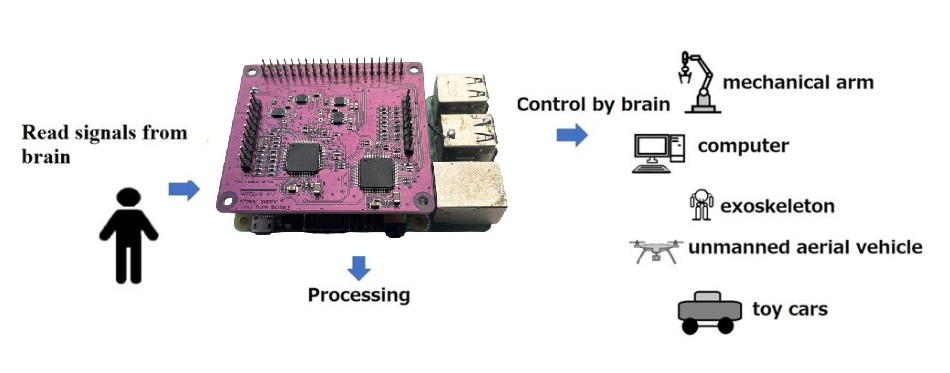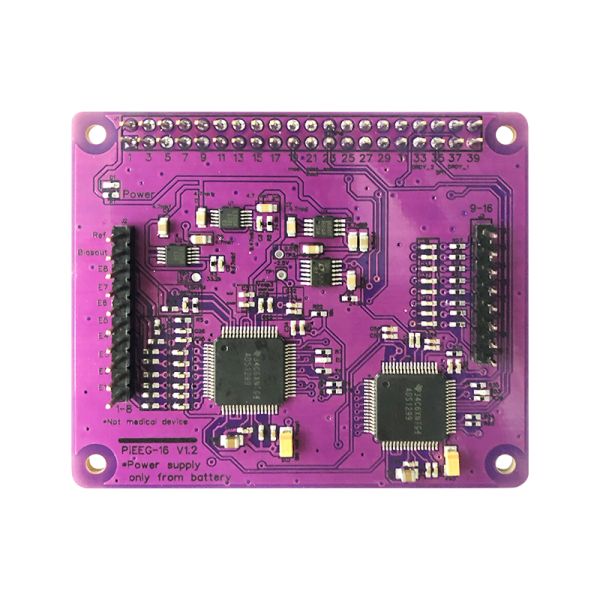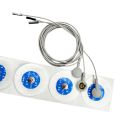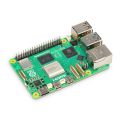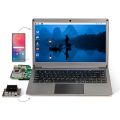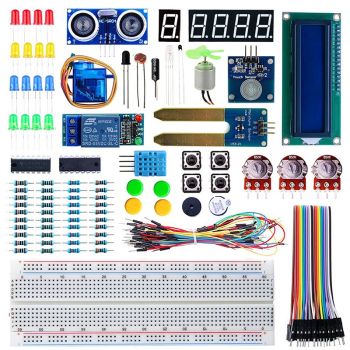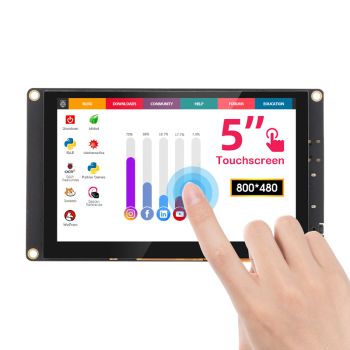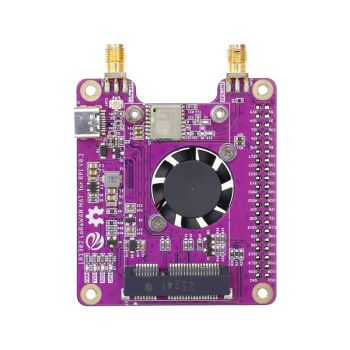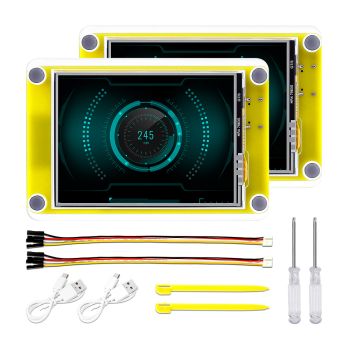PiEEG-16
Descriptions
16 channel Raspberry Pi shield that measures EEG, EMG, and ECG bio-signals to provide an Easy way to the neuroscience world
Features:
- Compatible with Raspberry 5
- 16 channels for connecting wet or dry electrodes
- Data transfer via SPI protocol with a frequency from 250 SPS to 16 kSPS and a resolution of 24 bits per channel
- Programmable signal gain: 1, 2, 4, 6, 8, 12, 24
- Ability to measure impedance
- LEDs for power indication and ADS1299 connection indication
- Easy programming with Python
PiEEG-16 will be especially convenient not only for those who are taking their first steps in brain science but also for researchers. The main advantage of the device is that you can receive and process data directly on the Pi with just only one Python script (which can be easily configured by the user for his costume task), without transferring data via Wi-Fi. Full support for the product on the company Forum or GitHub
Not medical device, read liability
Alpha test (Dry Electrodes, no Gel, 5-sec eyes closed, 5-sec eyes closed and again)
The process of recording an EEG signal from an electrode (Fz) with eyes open and closed. The y-axis is the processed EEG signal after passing filter bands of 8-12Hz in microvolts and with 250 samples per second

How to connect
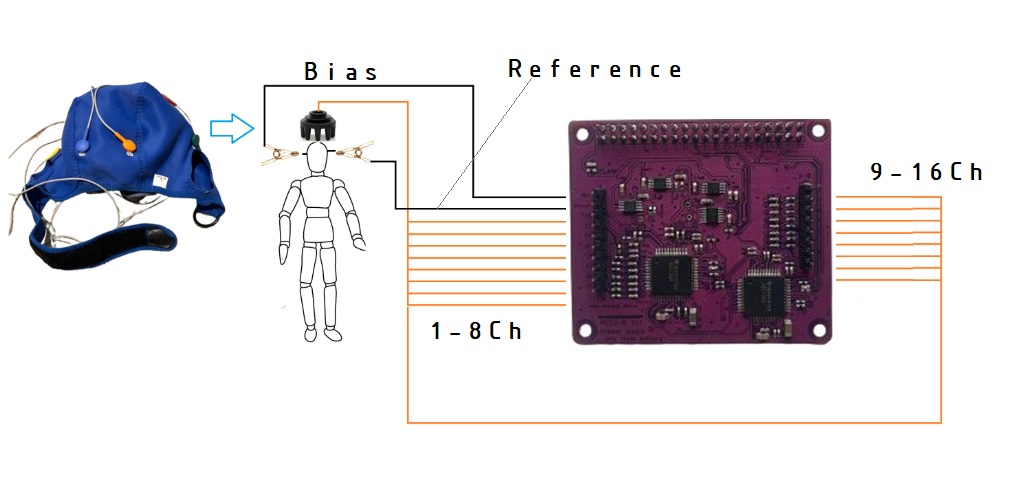
How to Use
